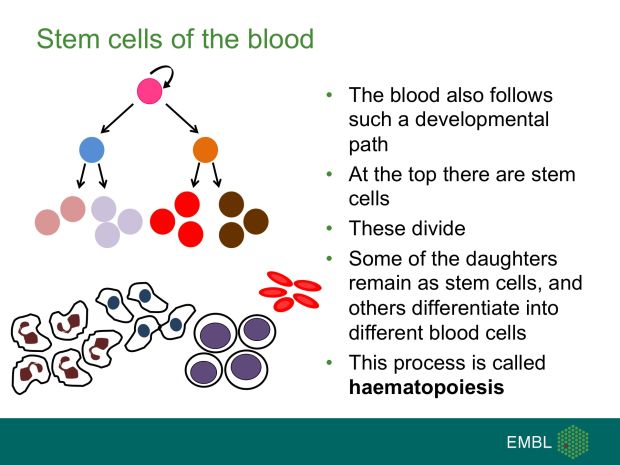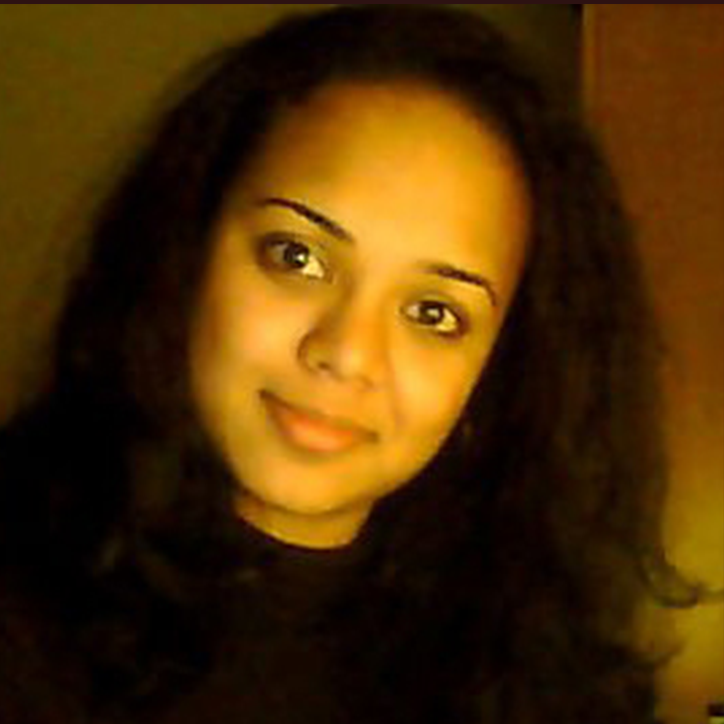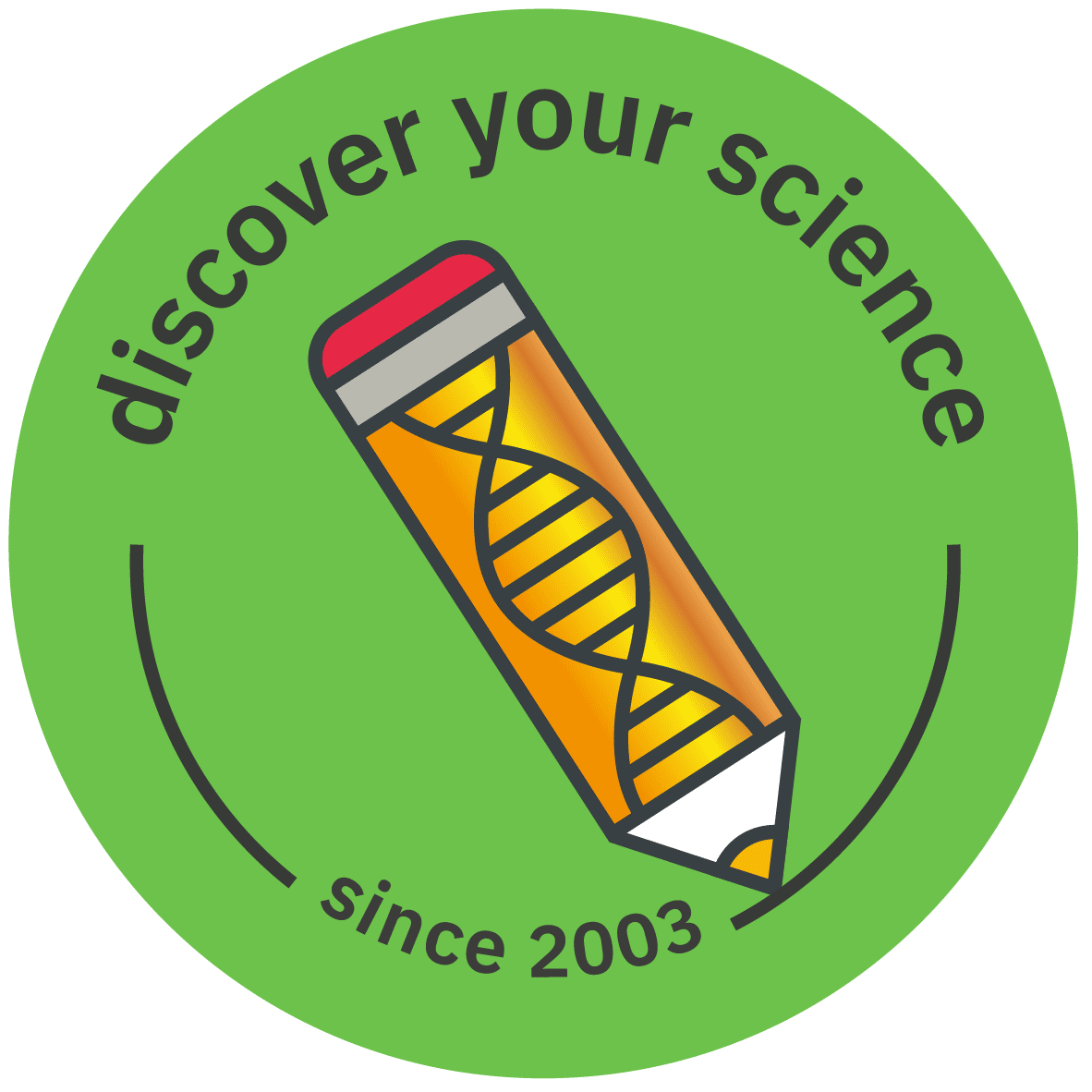EMBL School Ambassador Noorie Karimbocus
Country: Mauritius
Profile
My name is Noorie and currently I am working at the European Molecular Biology Laboratory in Heidelberg on my PhD thesis. Before I joined EMBL I studied Biochemistry for four years at the University of Birmingham, UK.
I am very passionate about science, science communication and teaching. Aside from my main studies, I undertook various education-related activities throughout my degree. From being a voluntary teaching assistant within a secondary school for disabled pupils in Birmingham to writing up a science module for Children’s University, a UK-based network geared towards raising aspirations for kids from disadvantaged backgrounds, I have enjoyed science communication in various forms.
In addition, I have also led weekly collaborative learning sessions for younger students on my Biochemistry course.
What I learnt from my experiences – also as an EMBL School Ambassador – is that teaching and communication helps you become highly creative and adaptable to your audience, who will respond with as much enthusiasm as you put in.
Diary
In May 2013, I visited a school in Ladenburg to speak to final-year students about science. I received a fantastic response, as the students felt comfortable to contribute to the lesson and also to ask me questions.
I had the freedom to plan the 1.5-hour lesson on my own and I decided to start with an introduction to my own research on stem cells.
I then talked to the students about what scientific research is all about, and how you can get into it. In the end I closed with my personal story and a class activity on stem cells and ethics in science. The activity was adapted from an activity on the sciberbrain.org website.
The class really enjoyed my visit, and one student specifically mentioned how they appreciated the diverse content in my lesson.
I had been initially worried about giving a lesson in English, which is a second language to the pupils. However, this did not deter the students from openly questioning me about my research, but also about the bigger issues in science.
I would highly recommend visiting local schools to speak to pupils. This not only inspires the young people, but also supports your integration into the local community. Such an activity also rekindles your own passion for science – it can give you fresh new angles from which to approach your work.


